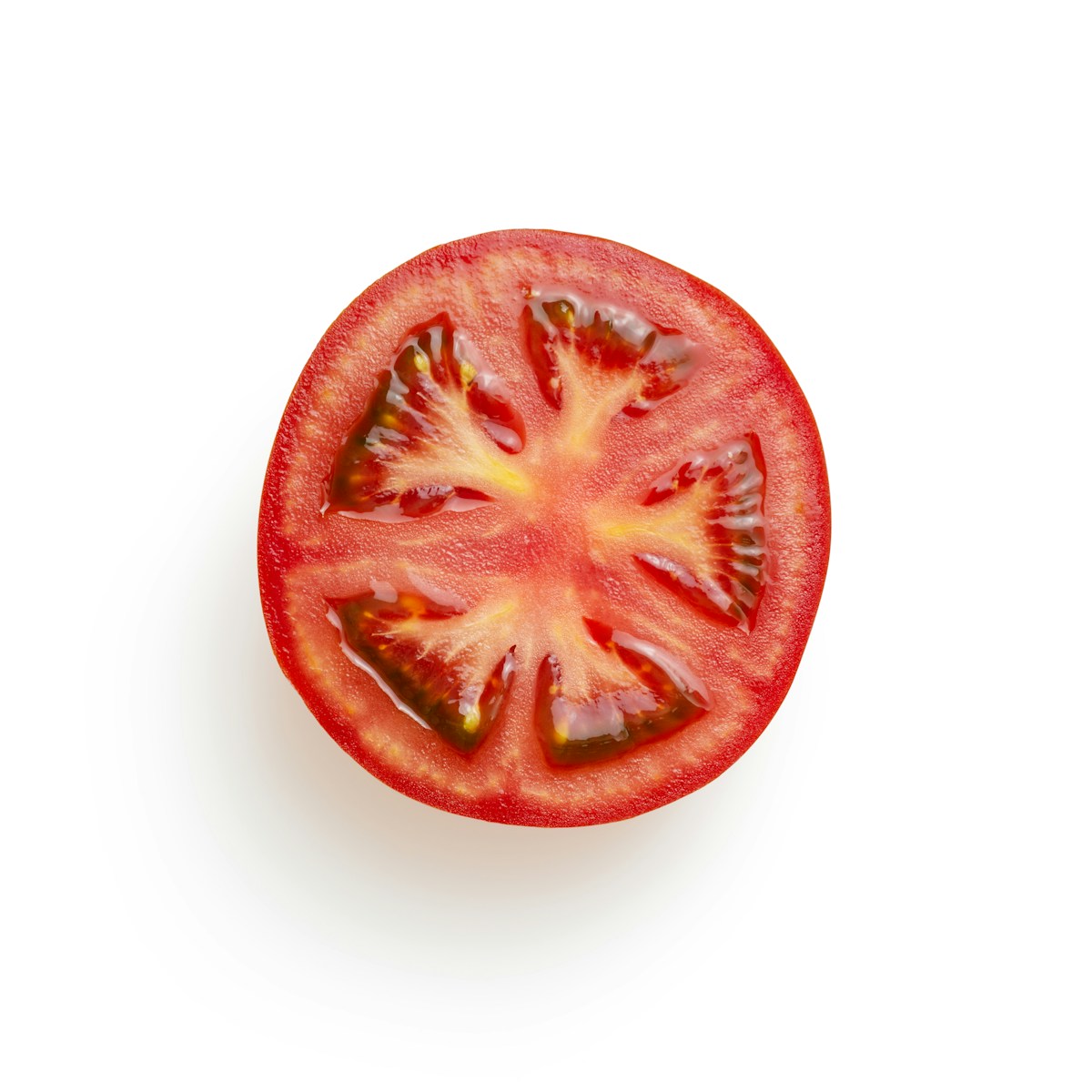Non-perishable Vegetarian Foods: A Sustainable and Convenient Option
As the world becomes more conscious of the environmental impact of food production and consumption, vegetarianism has gained popularity as a sustainable dietary choice. Vegetarian diets not only reduce greenhouse gas emissions and conserve water resources but also promote animal welfare. However, finding non-perishable vegetarian foods that are both nutritious and convenient can be a challenge. In this article, we explore the benefits of non-perishable vegetarian foods and provide a list of options that are not only shelf-stable but also packed with essential nutrients.
The Benefits of Non-perishable Vegetarian Foods
Non-perishable vegetarian foods offer several advantages, making them an excellent choice for individuals seeking sustainable and convenient dietary options:
- Long Shelf Life: Non-perishable foods have a longer shelf life compared to fresh produce, making them ideal for emergencies, camping trips, or situations where access to fresh food is limited.
- Convenience: These foods require little to no preparation, making them a convenient option for busy individuals or those without access to cooking facilities.
- Reduced Food Waste: Non-perishable foods have a longer shelf life, reducing the likelihood of food waste. This is particularly important considering that approximately one-third of all food produced globally is wasted.
- Cost-effective: Non-perishable foods are often more affordable than fresh produce, making them a budget-friendly option for individuals or families.
- Environmental Impact: By choosing non-perishable vegetarian foods, individuals can reduce their carbon footprint and contribute to a more sustainable food system.
Non-perishable Vegetarian Food Options
When it comes to non-perishable vegetarian foods, there is a wide range of options available that provide essential nutrients and can be stored for extended periods. Here are some examples:
Canned Legumes
Canned legumes, such as chickpeas, black beans, and lentils, are a versatile and nutritious option. They are an excellent source of plant-based protein, fiber, and essential minerals. Canned legumes can be used in various dishes, including salads, soups, and stews. They are also a convenient option for individuals looking to reduce their meat consumption without compromising on protein intake.
Dried Fruits and Nuts
Dried fruits and nuts are not only delicious but also packed with essential nutrients. They are a great source of vitamins, minerals, and healthy fats. Dried fruits, such as raisins, apricots, and cranberries, can be enjoyed as a snack or added to cereals and baked goods. Nuts, such as almonds, walnuts, and cashews, provide protein and healthy fats, making them a satisfying and nutritious option.
Whole Grains
Whole grains, such as quinoa, brown rice, and oats, are an excellent source of complex carbohydrates, fiber, and essential nutrients. They can be stored for long periods and used in a variety of dishes, including salads, stir-fries, and porridge. Whole grains provide sustained energy and are a staple in vegetarian and vegan diets.
Plant-based Protein Powders
Plant-based protein powders, such as pea protein, soy protein, and hemp protein, are a convenient option for individuals looking to supplement their protein intake. These powders can be easily mixed with water or plant-based milk to create a quick and nutritious shake. They are particularly beneficial for athletes, vegans, or individuals with increased protein needs.
Canned Vegetables and Fruits
Canned vegetables and fruits are a convenient option when fresh produce is not readily available. While they may not retain the same level of nutrients as fresh produce, they still provide essential vitamins and minerals. Canned tomatoes, corn, and peas are versatile options that can be used in a variety of dishes, including pasta sauces, soups, and stews. Canned fruits, such as peaches, pineapple, and mandarin oranges, can be enjoyed as a snack or added to desserts and smoothies.
Conclusion
Non-perishable vegetarian foods offer a sustainable and convenient option for individuals looking to reduce their environmental impact and maintain a nutritious diet. With a wide range of options available, including canned legumes, dried fruits and nuts, whole grains, plant-based protein powders, and canned vegetables and fruits, individuals can enjoy a variety of delicious and nutrient-rich meals even in situations where access to fresh produce is limited. By incorporating non-perishable vegetarian foods into their diet, individuals can contribute to a more sustainable food system while enjoying the benefits of convenience and long shelf life.
